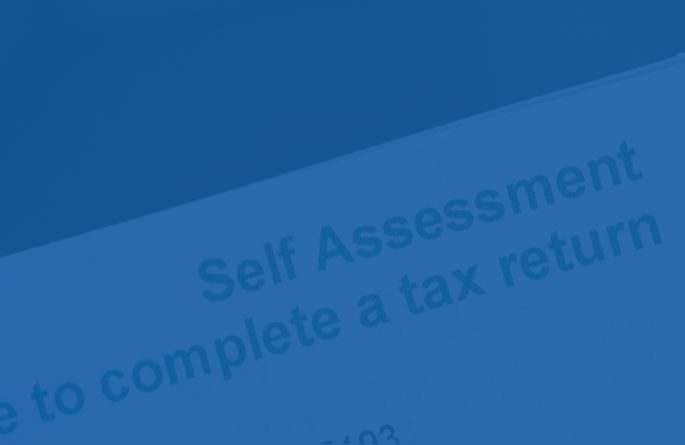
The second payment on account for tax year 2023/24 is due by 31 July 2024. However, if you know your tax payable for that year will be lower than the payments originally calculated, you can claim to reduce them to an appropriate level. Doing so keeps more cash in your pocket, so it is a good idea to check the position. But what do you need to beware of?
One feature of self-assessment is the requirement to make payments “on account” for the next year’s tax liability in some circumstances. The ordinary deadline for payments of a tax liability as calculated and declared on the tax return is 31 January following the end of the tax year (a window of around nine months). However, if the outstanding tax is more than £1,000, and represents more than 20% of the total tax liability for the year (including amounts deducted at source), two advance payments on account will be required in respect of the next year’s bill. The figure is calculated as 50% of the amount outstanding for the prior year. Any difference is then reconciled on the next tax return. The deadline for the second of these payments is 31 July, so you may already have had a reminder to pay this.
If you know that your bill will be lower the next year because your income is less or you have paid more at source (through PAYE for example), you can make a claim to reduce the payments accordingly.
Example. Your 2022/23 tax return meant that your payments on account for 2023/24 were calculated at £2,500 each. However, you expect your liability to be lower due to additional expenses incurred for your business. You expect the liability to be £3,000, and so can claim to reduce the payments to £1,500 each. This will mean £1,000 of the payment you made in January 2024 will be reallocated against the payment due at the end of this month, and you will only have to pay £500.
Some people are tempted to reduce the payments to a much lower level, even to nil. Whilst there are no late payment penalties for payments on account, interest will apply retrospectively on the difference between the amounts paid and the original amounts calculated.
Guidance on how to make a claim can be found here.
This article has been reproduced by kind permission of Indicator – FL Memo Ltd. For details of their tax-saving products please visit www.indicator-flm.co.uk or call 01233 653500.